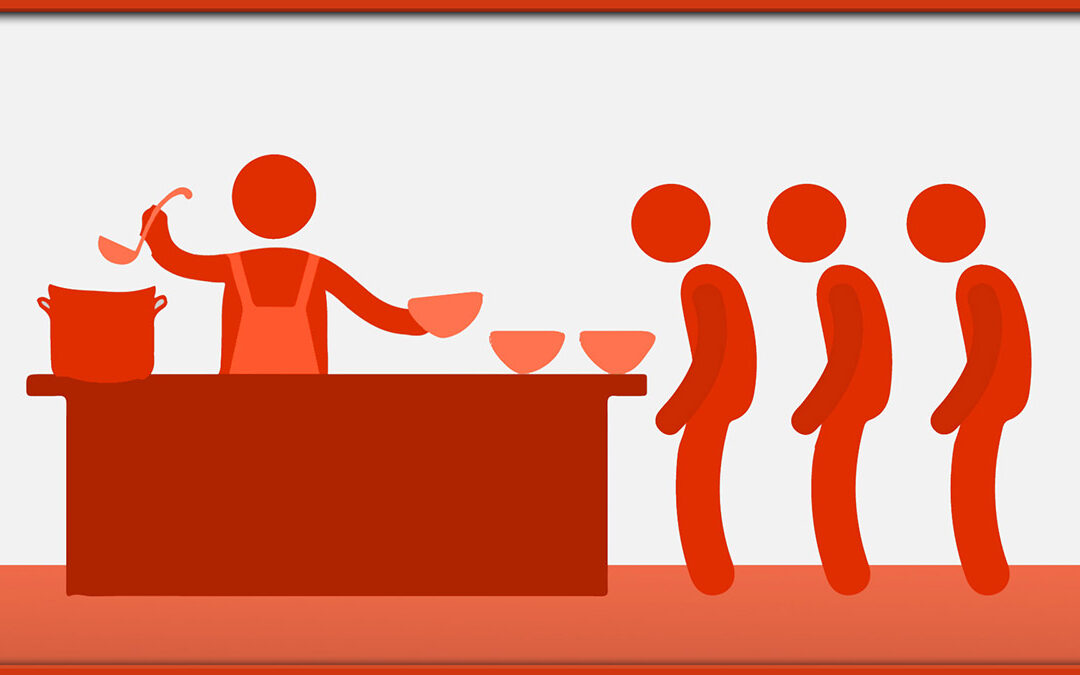Human beings are socially interdependent on each other to survive and so an aspect like cooperation is an important element to face major challenges of a community. Prosocial behaviour is a behaviour that includes voluntary actions and behaviours executed with the intention to benefit others (Eisenberg et. Al, 2006). These behaviours are done for the comfort and welfare of others with feeling emotional empathy for them. Neurobiological findings suggest that there is a role of mirror neurons that helps an individual develop feelings of empathy that takes place both unconsciously as well as immediately. There are certain causes for engaging in helpful behaviour for others.
1. Empathy-altruism hypothesis – This theory attempts to explain prosocial behaviour in terms of those resulting from a strong feeling of both compassion and empathy which acts as the motivating factor to help someone else in need. This theory also claims that here the ultimate goal is to improve another person’s condition.
2. Negative state relief hypothesis – This model states that there are scenarios where an individual lends their support in order to reduce their internal negative thoughts, emotions and uncertainties. Here the primary motivation is to escape their own negative feelings and moods
3. Positive mood state– Another factor that pushes a person to help is the development of positive feelings and thoughts within oneself. Engaging in prosocial behaviour is primarily carried out in order to enhance their experiences of joy and satisfaction.
4. Competitive altruism theory– This theory suggests that people help individuals in order to raise their own status and the main objective is to improve and maintain their reputation.
5. Reciprocal altruism – The social phenomenon of the norm of social reciprocity which dictates the rule of returning the assistance done by a member is also one of the major causes for helping others where the objective is to achieve a sense of security and the motive is to receive similar kind of help in the future.
6. Kin-selection theory – The primary aim according to this model is the likelihood to help those members of the society to who the person is related rather than someone he or she is not.
Prosocial behaviour is also developed through the process of socialisation where one learns to associate their morality by helping someone and considers being helpful as a good act. It also comes through the responsibility one feels in a given situation. The bystander effect explains how the victim who needs help is more likely to receive help if he is alone with just another person than if he is surrounded by many people. This happens due to the diffusion of responsibility which takes place when crowded people feel less responsible towards the victim. No matter what underlies the primary motivation, in situations like covid-19, a lot of people experienced the urge to engage in prosocial acts and responses which gave them feelings of peace, happiness and satisfaction. Many researchers suggest prosocial behaviour can also act as a therapeutic process by strengthening their resilience and also attempts to guide the process of healing someone going through a loss.
There are several ways through which prosocial behaviour can be encouraged and motivated.
– The first is the teaching of a child at home as well as at school where sharing, cooperating and helping others are widely encouraged and supported.
– Modelling and teaching them to care, concern, respect and love the environment helps in the growth of a sense of self and gratitude.
– Designing activities like empathy-building skills can also increase prosocial behaviours.
– Explaining the importance and benefits of prosocial acts through the use of motivational videos as well as informational videos in different settings can also inspire individuals to become prosocial.
– Reading books on friendships and relationships can also powerfully act to help one value such acts of helping, trusting and caring.
Individuals struggling with prosocial acts can also engage in logotherapy where there is a greater understanding of the meaning and purpose of life which can not only increase acceptance but also help in the process of deflection where one learns to redirect attention to others rather than self. Hence, prosocial behaviours are gradually developed throughout the growing years and can lead to both emotional as well as psychological growth.
– Urveez Kakalia & Debanjana Banerjee.

